Burnout is more than just feeling tired or stressed – it is a state of physical, emotional, and mental exhaustion. It occurs when individuals face chronic stress and overwhelming demands, often in the workplace, without adequate support or resources to cope. At our international nonprofit organization, we specialize in burnout awareness and support, because we believe in the potential of people when they find their way back to themselves.
When we talk about burnout, we are not simply referring to a temporary feeling of exhaustion. Burnout is a serious condition that can have long-term consequences on an individual’s health and well-being. It can manifest as physical symptoms such as headaches, insomnia, and weakened immune system, as well as emotional and mental symptoms like cynicism, detachment, and decreased productivity.
However, burnout is not just a personal issue – it is a societal issue. It is a lens through which we can see the flaws and challenges of our society that contribute to burnout. Our modern world demands constant productivity, competitiveness, and multitasking, leaving little room for self-care and well-being.
As an organization, we believe that burnout can be a catalyst for personal and social transformation. It is an opportunity to reflect on our values, priorities, and the way we live and work. Through burnout awareness and support, we aim to empower individuals to make positive changes in their lives and advocate for systemic changes in our society.
How can we navigate burnout?
1. Recognize the signs: It is important to be aware of the signs and symptoms of burnout. This includes physical, emotional, and mental exhaustion, as well as feelings of cynicism, detachment, and decreased productivity.
2. Practice self-care: Taking care of ourselves is crucial to prevent and recover from burnout. This includes prioritizing rest, relaxation, and activities that bring us joy and fulfillment.
3. Set boundaries: Learning to say no and establish healthy boundaries is essential to protect our time, energy, and well-being. It is okay to prioritize ourselves and our needs.
4. Seek support: It is important to reach out for support when we are feeling overwhelmed. This can be from friends, family, or professionals who can provide guidance and assistance.
Advocating for change
Burnout is not an individual’s fault – it is a consequence of our societal norms and expectations. In order to address burnout at its roots, we need to advocate for systemic changes. This includes promoting work-life balance, flexible work arrangements, and supportive organizational cultures.
By understanding burnout and its impact, we can work towards a society that values well-being, self-care, and holistic success. Let us come together to create a world where individuals are supported and empowered to thrive, not just survive.
